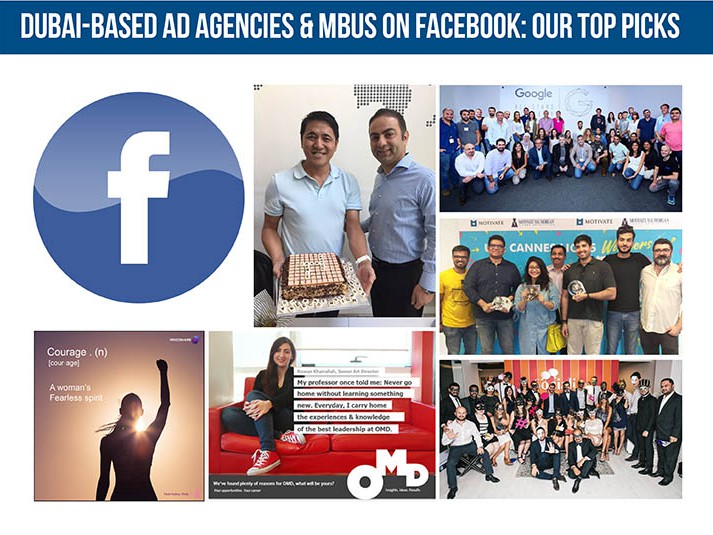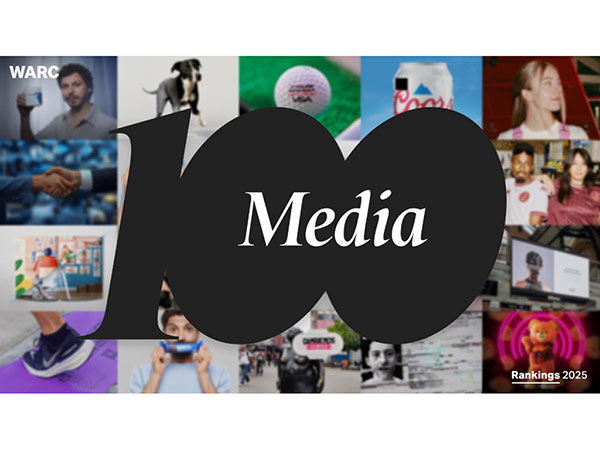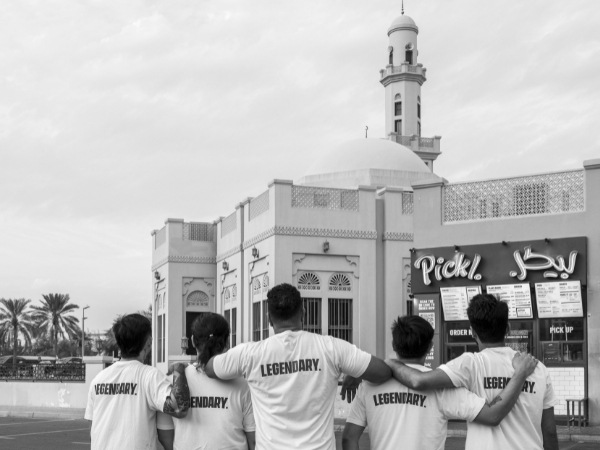News - Advertising
Down but not out in Dubai
by Iain Akerman
April 23, 2019

Dubai’s economic growth is at its slowest since 2010, property prices are down by more than 25 per cent on 2014, and the emirate’s stock market slumped during 2018. For an economy that thrives on tourism, trade and finance, none of this is good news.
Regional conflict and an oversaturated property market are two of the main culprits, with redundancies commonplace and Dubai’s economy growing by 1.94 per cent in 2018 compared with 3.1 per cent in 2017. Even Emirates, one of Dubai’s biggest and best known brands, saw its profit decline by 86 per cent in the first half of last year, while the Damac Group cut 200 jobs due to the slowdown in Dubai’s real estate market. Many more companies tightened their belts.
The knock on effects for the advertising and media industry are obvious, especially when you factor in deeper industry transformation. As with the rest of the world, Dubai’s advertising and media sector is being revolutionised by new technologies and changes in consumer consumption. For some, this has meant staff cuts, salary freezes and halts to recruitment. For others, business has never been better.
“We are facing what all agencies are facing in the world when it comes to digital transformation,” says Hubert Boulos, chief executive for the Middle East at DDB Dubai. “The specific problem for us is that this transformation is taking place in a very challenging economic context. In addition, due to the economic situation and lack of growth perspectives, we are going to increasingly have a talent problem. Top talent is definitely exiting or way too expensive. It becomes very hard to attract the same level of people from outside. Gone are the days when everybody wanted to come to Dubai no matter what.”
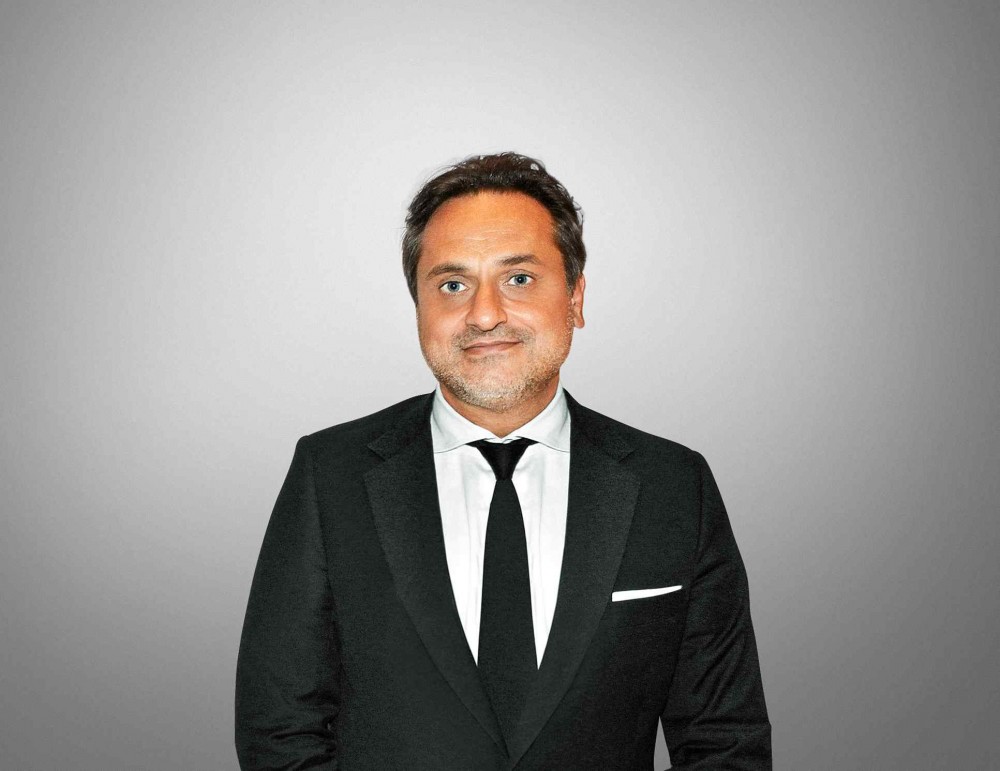
“Gone are the days when everybody wanted to come to Dubai no matter what.” --Hubert Boulos, CEO DDB Middle East
Tensions between the GCC and Qatar, the continued war in Yemen, and the low price of oil have all negatively impacted the advertising and media industry. As such adspend has been falling in the UAE for the past four years and is likely to continue to do so in 2019, although not as steeply. It’s not the prettiest of pictures, but only to be expected given the circumstances in which the industry operates.
“There is one major way for agencies to overcome such challenges,” says Boulos. “You need to delocalise in countries that offer significantly cheaper operating costs without compromising on talent, such as Lebanon for example. At some point if things continue like this, most Dubai agencies will be operating with 50 per cent of their staff outside Dubai. A lot can also be done on the clients’ side as well, once they realise, again, that only marketing and creativity can stop the decline they are all experiencing. At some point, once price cutting can go no lower, the only way to gain market share is to take it from competitors with strong marketing and brand building.”
As with all periods of economic concern, however, there are positives. Drops in prices, especially within the real estate market, have the potential to benefit both businesses and employees, and agencies are reporting better starts to the year thanks to successful restructuring and increased understanding of the economic situation in which they find themselves.
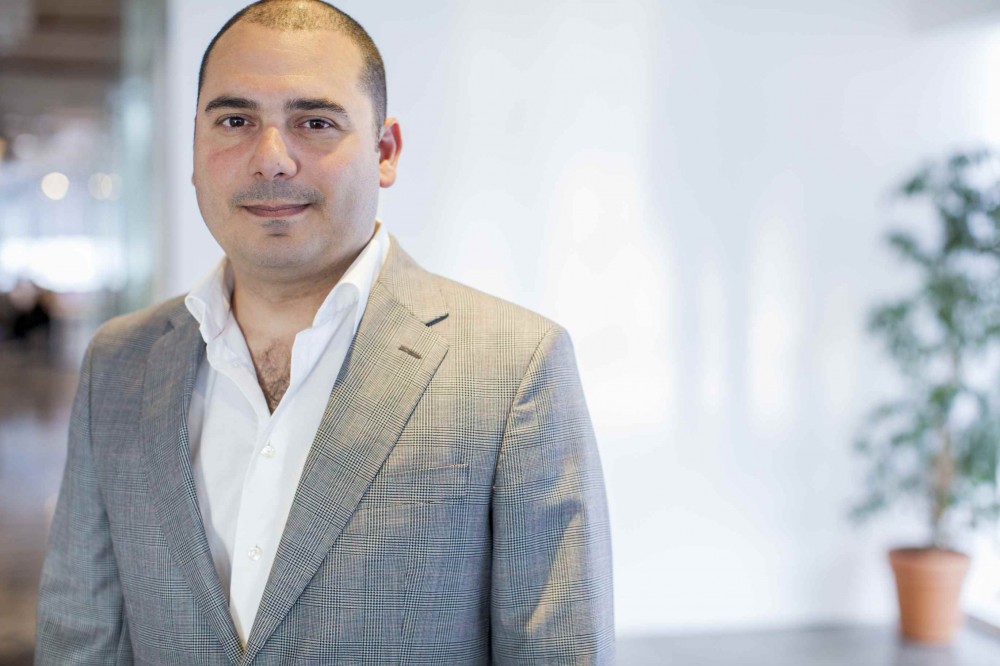
“The ambition and focus on technology that is driving the culture of the UAE challenges us all to up our game.”--Tarek Miknas, CEO FP7 MENA
“I’m cautiously optimistic,” says Tarek Miknas, chief executive of FP7 MENA. “According to figures I’ve come across, our part of the world is the only one where adspend is contracting (by 6.2 per cent). And we feel it. Have any conversation with any industry lead and we’ll all have a sob story. Add to that the macro forces – the fact that economies in MENA are not growing the way they used to, the war in Yemen, a blockade of Qatar, refugees flooding into Beirut and Turkey, and the currency devaluation in Egypt and Turkey. Then you have the drop in media spending, clients in-housing some of the social services, digital publishers hiring agency staff and the blurring of lines among specialist agencies. The ‘cautious’ bit is therefore quite obvious.
“Yet I’m still optimistic. The social changes that have been taking place and continue to take place in Saudi Arabia allows for creativity to bloom. The diversification efforts by our governments are setting us up for a sustainable future. And the ambition and focus on technology that is driving the culture of the UAE challenges us all to up our game.”
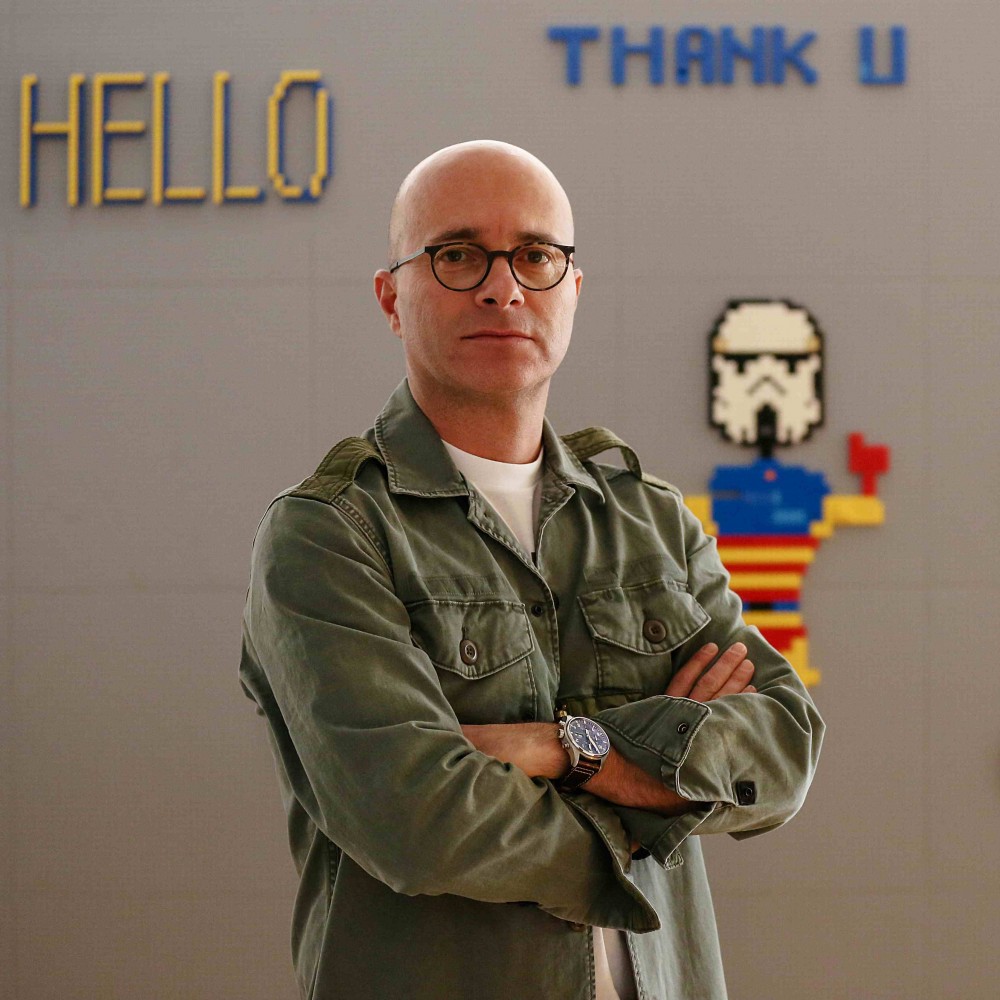
“No more unlimited budgets, everything is ROI driven. No more long terms contracts with agencies. But it’s logical and this is how things should be.” --Roger Kanakri, co-founder Livingroom Dubai
This optimism is arguably justified. Although Dubai’s economic growth may have slowed, the UAE’s economy grew by 1.7 per cent in 2018 and is forecast to grow by 3.7 per cent this year, according to the International Monetary Fund. Abu Dhabi also plans to spend $13.6 billion over three years as part of an economic stimulus package and is taking steps to support new industries, encourage tourism, and make it easier to do business.
Dubai, which is focussing on the creation of a knowledge-based economy, has also announced a raft of measures aimed at simplifying and reducing the cost of doing business, including a freeze on government fees for the next three years and a reduction in the value of primary insurance for small and medium-sized businesses. Added to this, the emirate’s GDP is expected to grow by 3.8 per cent this year, according to London-based Capital Economics, and by 4.5 per cent in 2020. Uber’s recent acquisition of Dubai-based Careem for $3.1 billion has also shown that confidence in the market exists.
“There are many ways to look at this,” says Waseem Afzal, deputy managing director of OMD UAE. “Either we can continue to sport the short-term view of being undermined by the growing complexities of a very fragmented and hard-to-measure true value of marketing, or we flip the mindset to weed out poor practice from the industry altogether. I see 2019 as a year where best practice built on the foundations of transparency between agency, client and partners and greater value to clients will be rewarded.”
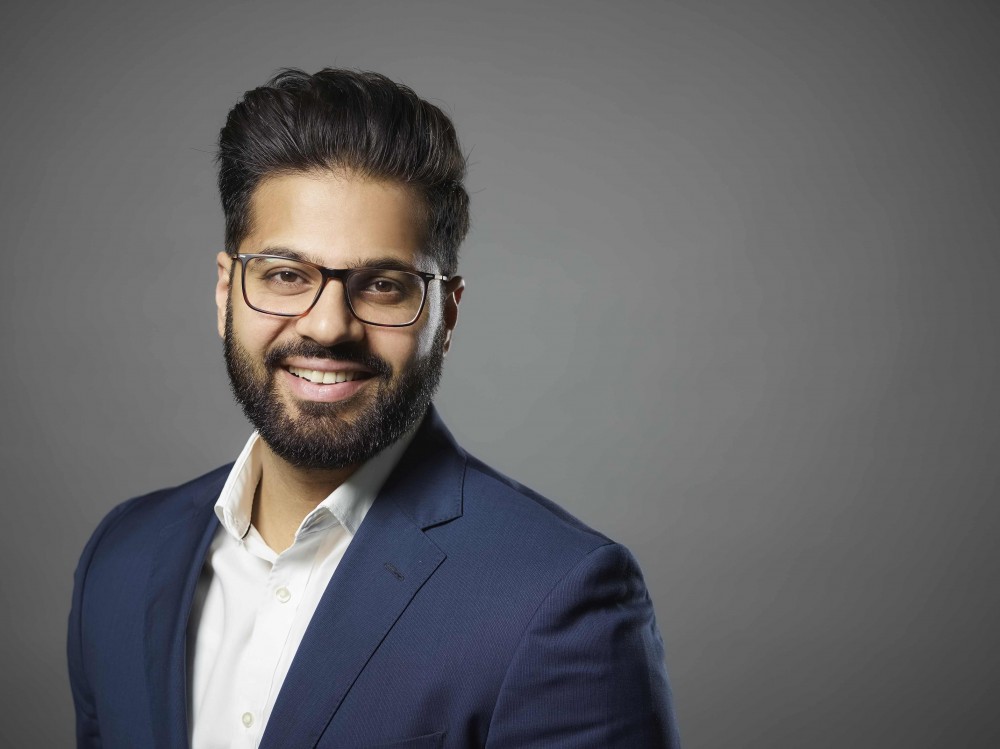
“I see 2019 as a year where best practice built on the foundations of transparency between agency, client and partners and greater value to clients will be rewarded.”--Waseem Afzal, deputy managing director OMD UAE
Optimists point towards two things in particular. One is the potential impact of Expo 2020, which kicks off in October next year. The other is the surge in activity in Saudi Arabia. For the former, an estimated 25 million visitors are expected to attend the first World Expo to be held in the Middle East, Africa and South Asia, giving Dubai and the wider UAE an estimated economic boost of $34.5 billion. For the latter, numerous cultural, social and economic initiatives have either been announced or are already underway, boosting government spending and opening up the kingdom to increased investment. All of which is good news for Dubai agencies, many of which are dependent on Saudi Arabia for a sizeable chunk of their business.
It is Expo 2020, however, that has the potential to provide an immediate concentrated boost. As of last year, it had awarded 3,039 contracts (both construction and non-construction related), with small and medium-sized enterprises representing a priority, winning 1,717 of those contracts. Amongst the winners were advertising agencies Memac Ogilvy and Face to Face, which are sharing the event’s creative duties, and Publicis Media’s Starcom, which has won the media side of the business.
“Despite the challenges, it is exciting to be here,” says Afzal. “Yes, that’s the viewpoint I’d like to lead into. What makes it exciting is that the economic pressure and the growing complexity in our marketing landscape means we have no choice but to evolve faster than the pace of change across our clients’ businesses. Whoever is coming to grips with today’s new industry order of constant change and iteration and investment in infrastructure will take a larger bite of the shrinking pie.”
It’s a viewpoint that Roger Kanakri, the co-founder of independent agency Livingroom, agrees with. “A few years back I talked to my team about something I labelled ‘IRS’ – Irreversible Recession Syndrome,” he says. “Agencies hoped that the repercussions that the recession had on our industry were a wave that would pass and things would go back to normal. They were wrong. There is no way back from norms that were set during the deep recession years. What was an emergency decision at the client’s end a few years back is now the new norm. It’s irreversible. No more unlimited budgets, everything is ROI driven. No more long terms contracts with agencies. But it’s logical and this is how things should be. It is working for them.
“Uncertainty is at all levels but if you focus on what you’re supposed to do, push your creativity, believe in your culture, attract the right talent, be solution driven, have digital understanding at your core, offer proper consultancy, be brave and experiment, things do work out. Change is good. Constant transformation is a positive challenge. This is what makes our industry interesting and keeps pushing us to be creative and innovative. The more you are built for it, the better you will embrace and perform.”
What are agencies’ immediate hopes for the future? “I only hope we have reached the bottom and cannot go lower as an industry,” says Boulos. “More progressive collaboration,” adds Afzal.
“We are all gunning for a larger share of the advertising dollar, however, we can’t continue to grow our share if we are not single-mindedly looking at the growth of our clients’ businesses,” says Afzal. “Our clients have brands that must grow and we all grow when they grow.
“Today half of the money is making its way into the digital channels, of which 70 per cent is controlled by the walled gardens. We need to let go of those walls and find the white space to contribute collectively towards common challenges around building greater transparency, maximising the net impact of every dollar, and attributing it objectively to the source of the positive impact. The industry will accelerate on the upward trajectory again. What’s likely to change is the approach and, maybe, the players who are more receptive to collaboration.”





